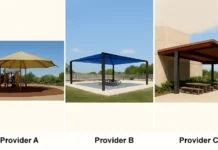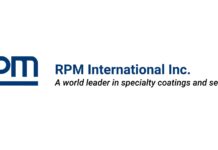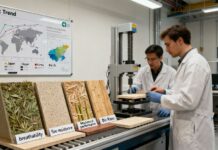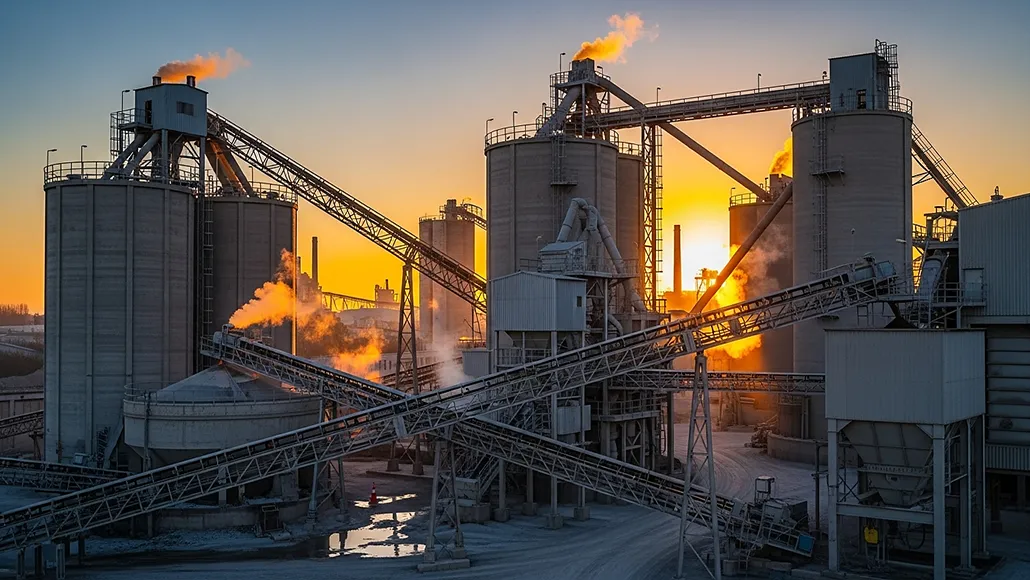Ecocem, which happens to be one of Europe’s leading providers in terms of low-carbon cement technologies, has gone on to announce the opening of its new Research and Innovation (R&I) center in France.
According to the company, the center happens to represent a major investment in innovation and is going to play a significant role in Ecocem’s strategy to deliver decarbonization solutions throughout the cement and concrete industries.
Costing more than US$11.7 million, the 3300 m² facility happens to reinforce commitment of Cement decarbonization by Ecocem to science-based disruption and its stress on developing as well as delivering low-carbon cement tech that’s capable of making use of a range of alternative SCMs—supplementary cementitious materials as well as mineral additions in order to replace clinker, which is the carbon-intensive component within the cement responsible for more than 90% of its emissions.
Cement decarbonization by Ecocem goes beyond 70% achievable by way of its ACT technology, the center is going to support the ambition of Ecocem so as to provide the cement industry with the means to attain net zero by 2040, which is, by the way, ten years ahead of the global objectives, and without being dependent on carbon capture.
According to Donal O’Riain, founder and global managing director of Ecocem, for 25 years their company has gone ahead and focused exclusively on low-carbon cement technologies, and with ACT, their scalable low-carbon cement tech, which is very close to being commercially available, the new center will allow them to go further and faster.
He added that they are going to build on the 18 million tonnes of CO₂ reductions that have already been achieved and speed up the development of solutions that can deliver the net zero cement by 2040, which, by the way, happens to be a decade before the stipulated time.
Apparently, this announcement goes on to follow certain other recent landmarks for ACT, which include the regulatory approvals in France, another production plant based in Dunkirk, a US$199 million investment so as to construct four new ACT production lines across France by the end of the decade, and industry certification in the US along with collaborations with construction firms like Bouygues as well as Vinci Construction.

































